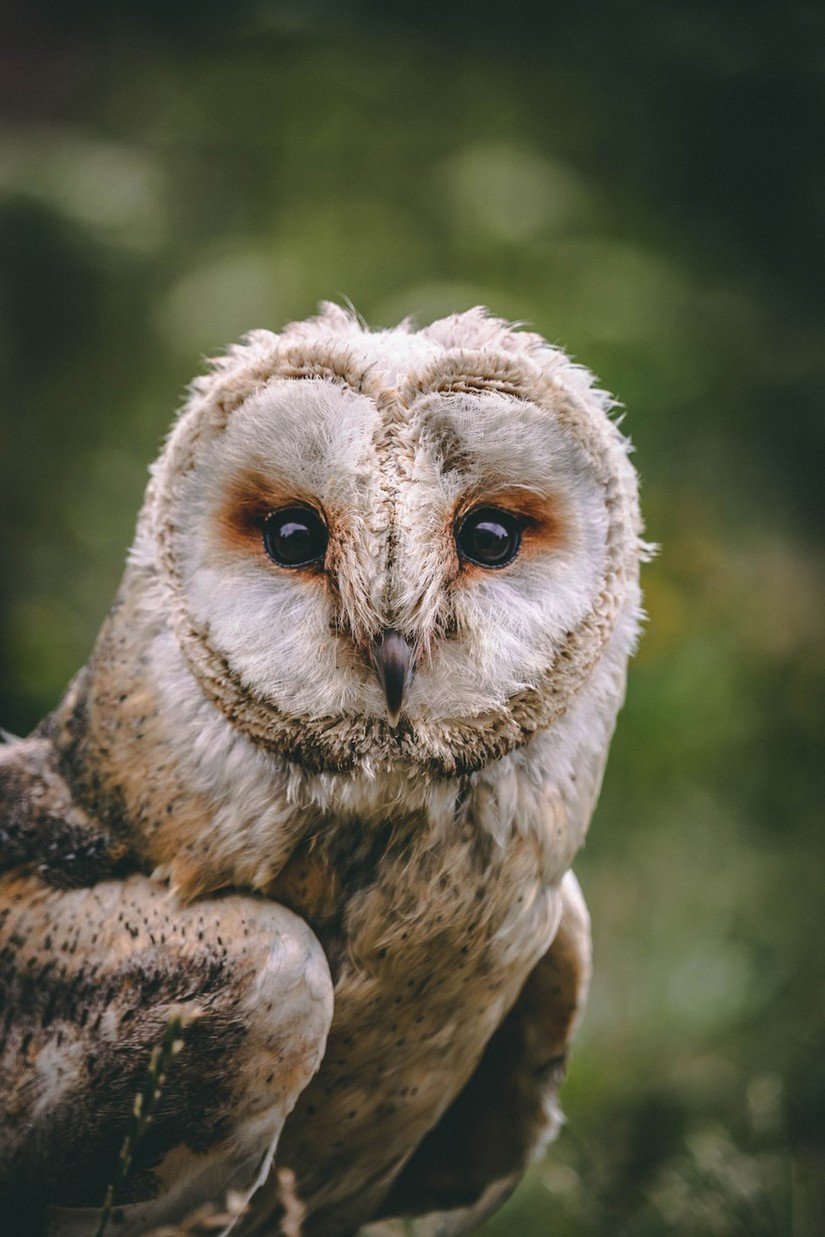A Guide to Owls' Incubation Period and Caring for Owl Eggs
Category : Owl breeding and nesting | Sub Category : Incubation period and care of owl eggs Posted on 2023-07-07 21:24:53

A Guide to Owls' Incubation Period and Caring for Owl Eggs
Introduction:
Owls are known for their nocturnal habits, silent flight, and remarkable hunting skills. The birds have unique reproduction habits, including a distinct incubation period for their eggs. In this article, we will look at owl eggs and the essential care required for them.
Understanding the Incubation Period is important.
The period for owl eggs varies depending on the species. It takes around 28 to 35 days for owl eggs to hatch. This period can be different depending on factors like temperature, species, and individual circumstances.
The incubation process.
During the period of time between hatching and the start of the new season, owl parents sit on the eggs to keep their temperature constant. Both male and female owls work hard to participate in this process. The eggs receive consistent warmth and protection.
Factors Affecting Incubation
The temperature plays a big part in the hatching of owl eggs. The optimal nest location for owls is protection from harsh weather and predator. The female owl can adjust her body position or fluff her feathers to regulate the temperature of the eggs. In some cases, owls may add surrounding material like leaves or feathers to improve insulation.
Owl eggs are cared for.
If you find an owl nest or abandoned eggs, it's important to proceed with caution and not interfere unless the situation is critical. It is best to leave the eggs undisturbed and allow the owl parents to care for them. If you really believe the eggs are abandoned, you can contact local wildlife authorities or licensed wildlife rehabilitation providers.
Maintaining distance.
It's important to keep a respectful distance from owl nest. Owls are sensitive and can easily be threatened by humans. owls can be deterred from returning to the nest if there is excessive disturbance. It is important to prioritize their well-being and minimize human interaction during this delicate period.
Rehabilitation and preservation of the environment.
Professional wildlife rehabilitators step in to provide care for owls when they can't care for their eggs or the nest is destroyed. The dedicated individuals have the experience and resources to replicate the conditions and ensure the best chance of survival for the eggs.
Conclusion
The owl eggs are in the middle of the incubation period. By understanding and respecting the process of incubation, we can help to preserve these creatures. It is important to prioritize the welfare of abandoned eggs and owl nest when encountered. We can help protect these birds for future generations.
Leave a Comment:
SEARCH
Recent News
- Zurich, Switzerland is not only known for its picturesque landscapes and vibrant culture but also for its diverse wildlife. While the city may be more commonly associated with its financial sector and luxury shopping, there are some rare and fascinating animals that call Zurich home.
- YouTube Content Creation: Showcasing Rare Animals through Translation
- If you are a nature enthusiast and love learning about rare and exotic animals, there are several YouTube channels dedicated to showcasing these fascinating creatures in their natural habitats. These channels provide a unique opportunity to educate yourself about lesser-known species and the importance of conservation efforts.
- The Importance of Developing Rare Skills Like a Rare Animal in the Workplace
- Women in Politics: Breaking Barriers and Making History
- Warsaw, the capital city of Poland, is not only known for its rich history and beautiful architecture but also for its unique and diverse wildlife. Despite being a bustling urban center, Warsaw is home to some rare and fascinating animals that can be found in various parks, forests, and reserves in and around the city.
- Vietnam is a country known for its rich culture, beautiful landscapes, and delicious cuisine. However, it is also home to a variety of rare and endangered animals that are found nowhere else in the world. In recent years, some Vietnamese businesses and companies have taken initiatives to help protect these precious species and their habitats.
- Vienna, the capital city of Austria, is known for its rich history, stunning architecture, and vibrant cultural scene. But did you know that Vienna is also home to a variety of rare and interesting animals? From exotic species at the Vienna Zoo to elusive wildlife in the surrounding countryside, there are plenty of fascinating creatures to discover in and around this beautiful city.
READ MORE
3 months ago Category : owlo

Zurich, Switzerland is not only known for its picturesque landscapes and vibrant culture but also for its diverse wildlife. While the city may be more commonly associated with its financial sector and luxury shopping, there are some rare and fascinating animals that call Zurich home.
Read More →3 months ago Category : owlo

YouTube Content Creation: Showcasing Rare Animals through Translation
Read More →3 months ago Category : owlo

If you are a nature enthusiast and love learning about rare and exotic animals, there are several YouTube channels dedicated to showcasing these fascinating creatures in their natural habitats. These channels provide a unique opportunity to educate yourself about lesser-known species and the importance of conservation efforts.
Read More →3 months ago Category : owlo
